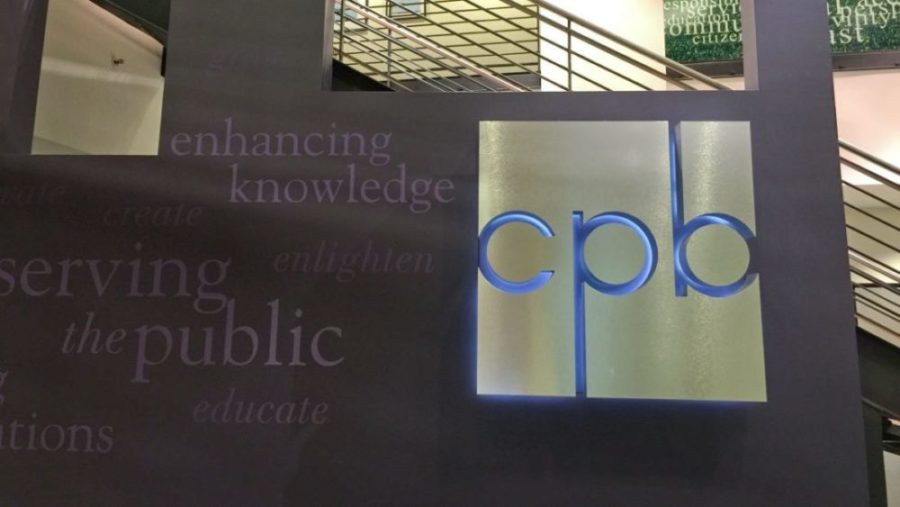Where do pubmedia executives get their mojo?
Where do you turn for guidance in your work? Managers, mentors, ministers, meditation?
Current recently posed this question in an email survey to public media leaders. Actually, we asked which books have helped them lead and succeed. And we asked for their favorite quotes and mantras. But for now, I’ll focus on the books.
Their favorites were bestsellers: Good to Great by Jim Collins and The Five Dysfunctions of Team and Death by Meeting: A Leadership Fable by Patrick Lencioni.
Pubmedia leaders also praised classics you’ll find in any airport:
- Leading Change by John Kotter
- Seven Habits of Highly Effective People by Stephen R. Covey
- Getting to Yes: Negotiating Agreement Without Giving In by Roger Fisher and William L. Ury
- The One Minute Manager by Ken Blanchard and Spencer Johnson
- How to Win Friends and Influence People by Dale Carnegie
Have you read any of these? I haven’t. Most of these leadership gurus are white guys — a reflection of how the multibillion-dollar management consulting industry draws primarily from the traditional C-suite. Or from the military. In fact, one CEO recommended It’s Your Ship: Management Techniques From the Best Damn Ship in the Navy by Capt. D. Michael Abrashoff. Anchors, aweigh!
Still, I was pleasantly surprised to see that some of our executives’ recommended reads offer alternative ways of thinking about leadership. To me, these books are especially intriguing, given our growing awareness of the need for workplace climate change.
- The Servant as Leader by Robert K. Greenleaf
- Resonant Leadership: Renewing Yourself and Connecting With Others Through Mindfulness, Hope and Compassion by Richard E. Boyatzis and Annie McKee
- Work Happy: What Great Bosses Know by Jill Geisler
- Crucial Conversations: Tools for Talking When Stakes Are High by Kerry Patterson, Joseph Grenny, et. al
- Daring Greatly by Brené Brown
- How Women Rise: Break the 12 Habits Holding You Back by Sally Helgesen and Marshall Goldsmith
Hopefully we understand by now that emotional intelligence and resilience are as important as vision and time management, perhaps even more so.
Not all public media leaders turn to corporate bibles or self-help books for inspiration. Among their most provocative recommendations:
- Doris Kearns Goodwin’s biography of Abraham Lincoln
- Robert Caro’s series on Lyndon B. Johnson
- Poet David Whyte’s The Heart Aroused: Poetry and the Preservation of the Soul in Corporate America
- If Aristotle Ran General Motors: The New Soul of Business by Tom Morris
Clearly, we wear our PBS Nerd and Public Radio Nerd T-shirts with pride.
But some of our leaders’ snarkier suggestions reveal a delightful streak of rebellious spirit in our midst and a not-so-veiled call for radical change in our businesses and ourselves:
- Kill the Company: End the Status Quo, Start an Innovation Revolution by Lisa Bodell
- The Subtle Art of Not Giving a F*ck: A Counterintuitive Approach to Living a Good Life by Mark Manson (hopefully no relation to Charles)
Now that I’ve shared the booklist of some of the CEOs and GMs in our system, I need to ask: Is anyone interested in forming a quarterly book club for public media people? If so, give me a shout at julie@current.org.
My copy of Dare to Lead by Brené Brown is calling. I need a nudge — perhaps a little help from my friends — to crack open the cover and dive in. Join me!






I’m honored to have “Work Happy” included on this list – and thank the public broadcast leader who cited it! As the book teaches – 1. The most important thing leaders do is help others succeed. 2. Life’s too short to work with jerks.
BTW, I keep a Facebook page for the book, where I curate and post a helpful leadership article each day.
Lead on, friends!
Jill Geisler
Best books I ever read on management were “The Dilbert Principle” and “The Joy of Work” by Scott Adams.